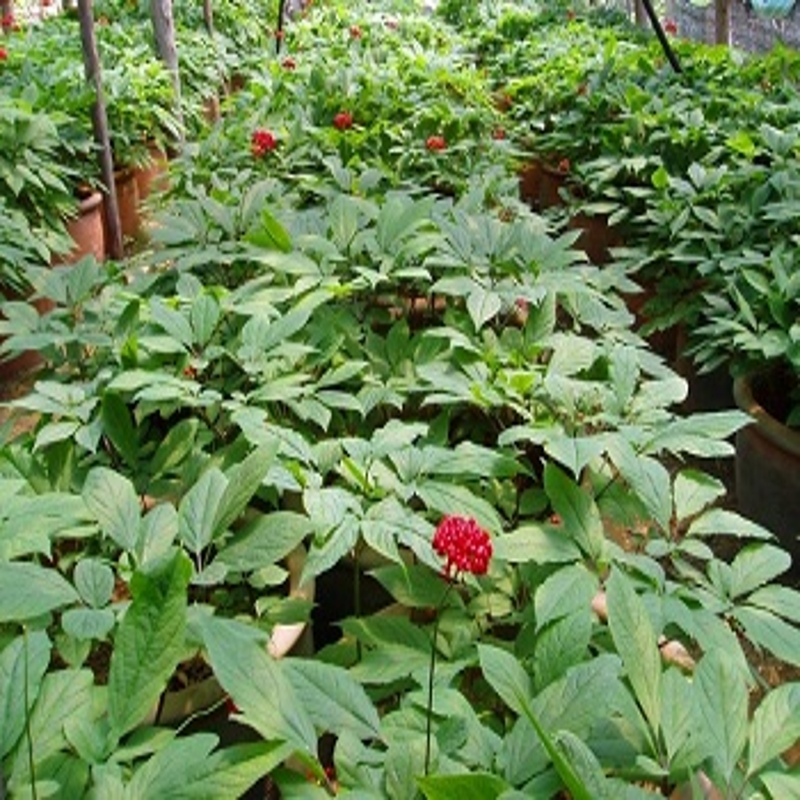Super plastics produced from plant waste in Brazil
-
Last Update: 2011-04-21
-
Source: Internet
-
Author: User
Search more information of high quality chemicals, good prices and reliable suppliers, visit
www.echemi.com
According to the report of Sao Paulo research foundation, a research project presided over by alcid Lopez Leon, Professor of Agronomy Department of Sao Paulo State University, is to extract fiber from plant waste to make a new generation of super plastic, which has the characteristics of light weight, high strength and ecological requirements compared with traditional polyethylene Since the 1990s, the team has been extracting raw materials from plant waste, including natural cellulose from pineapple, banana, coconut, sisal and wood, and experimenting at the centimeter and millimeter levels In recent two years, they have carried out nano scale experiments and found that this kind of fiber has similar strength with carbon fiber and glass fiber, and can be extracted as raw materials to produce plastics Compared with the traditional plastics which are made from oil and natural gas, the product has the advantages of strength and durability, and is a new product Professor arsid Lopez said: "the mechanical properties of the nanofibers are greatly enhanced Products made of this fiber are 30 times lighter and 3 to 4 times stronger than traditional products " The team's experiments in Braskem chemical company in Brazil showed that adding 2% nanofibers to the polypropylene produced by the company increased the strength of polypropylene by more than 50% In the plastic injection experiments of automobile bumpers, control panels, gear boxes and other parts, plus 0.2% to 1.2% nanofibers, these parts show greater strength and lighter weight than the parts on the market at present.
This article is an English version of an article which is originally in the Chinese language on echemi.com and is provided for information purposes only.
This website makes no representation or warranty of any kind, either expressed or implied, as to the accuracy, completeness ownership or reliability of
the article or any translations thereof. If you have any concerns or complaints relating to the article, please send an email, providing a detailed
description of the concern or complaint, to
service@echemi.com. A staff member will contact you within 5 working days. Once verified, infringing content
will be removed immediately.






